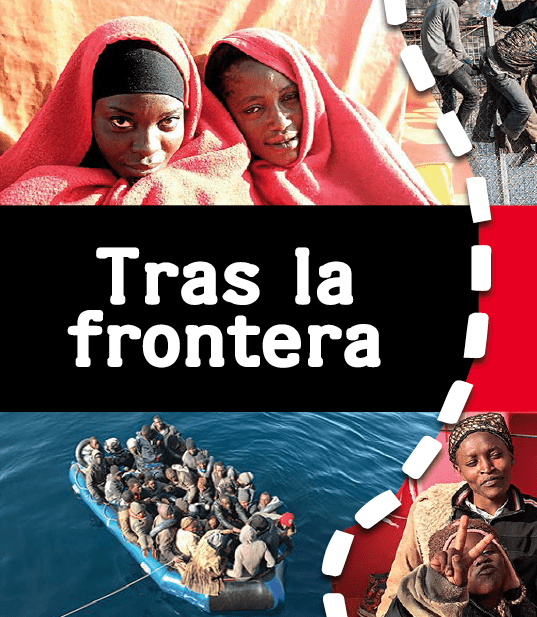They say so themselves: this is a war. Ndeubi Marie used this vocabulary as she called for justice for her son Larios, who was killed in the “battle” at Tarajal on 6 February 2014. Still deeply traumatised, her only wish was to see where Larios’s remains lay and take his ashes back home so that she could organise a decent funeral for him.
The growing militarisation of the Spanish borders is given names and faces in the report ‘Beyond Borders’, whose main strength lies in its focus on first-hand statements from victims. As the researchers at Ca-minando Fronteras explain, their work is based on the idea that “people on the move are the active subjects”. Unlike the usual narratives surrounding migration on the European side of the border, which view migrants solely through the lens of stereotypes relating to “victimisation and objectification” or criminalise them directly, this report gives a voice to the people suffering through this ignominious era.
Drawing on data from September 2015 to December 2016, the report paints a picture of the people attempting to enter Europe via the southern border with Spain or finding themselves blocked by the border. The migrant people who recount their odyssey in these pages come from 15 African countries and told their stories in a dozen places where they have waited and suffered for days, if not years: the woods surrounding Nador, Bel Younech, Fnideq, Boukhalef, Mesnana, and many more.
